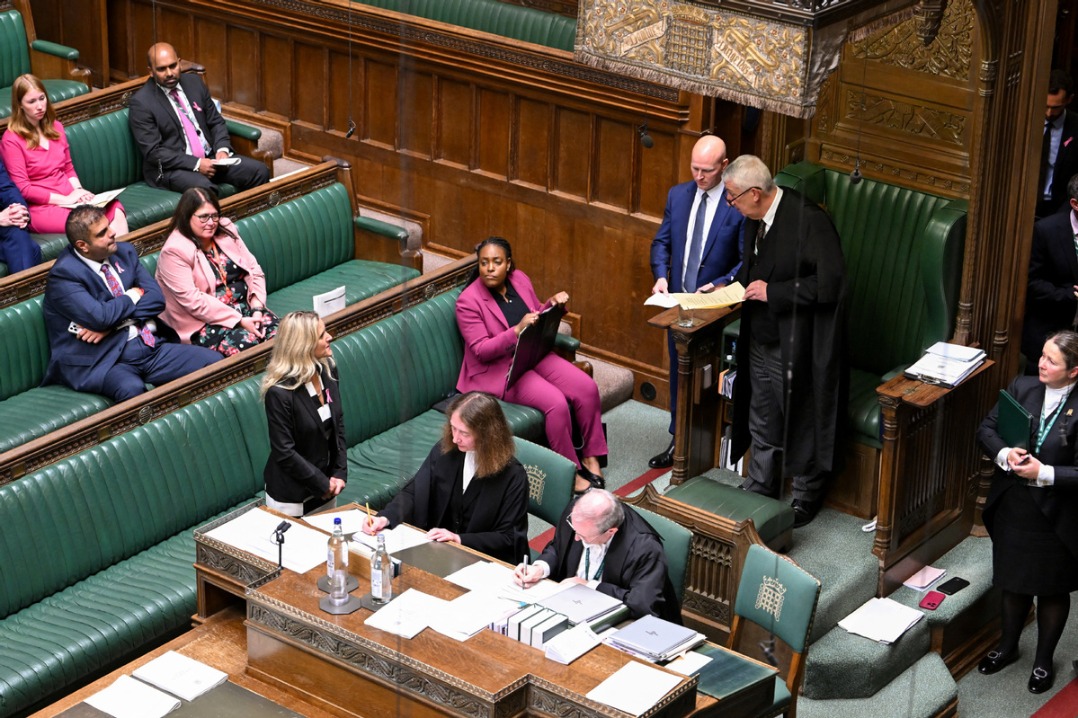UK begins new assisted dying debate


Lawmakers in the United Kingdom were offered the chance to vote on the legalization of assisted dying on Wednesday, the first such opportunity in almost a decade.
Assisted dying is the term used to describe a situation where a terminally ill person seeks medical help to obtain substances that they administer themselves to end their life.
It is not to be confused with assisted suicide, which could involve someone who is in good physical health but who wishes to die.
Assisted dying is currently illegal in England, Wales, and Northern Ireland and punishable with a maximum sentence of 14 years.
In 2015, the last time the topic of assisted dying was put to lawmakers, it was rejected by 300 votes to 118.
Because of the deeply personal, rather than political nature of the topic, it was a free vote, meaning parties did not instruct, or guide their lawmakers on what to do.
In the 2015 vote, current Prime Minister Keir Starmer was one of those who backed the motion, with many people who are now senior members of his government, including Deputy Prime Minister Angela Rayner and Foreign Secretary David Lammy, opposing it.
Understandably, such a sensitive subject provokes strong passions on both sides of the debate, and Labour Party representative Kim Leadbeater, who proposed the bill, said any potential change of the law would be very specific in the circumstances in which it would apply.
"There is absolutely no question of disabled people or those with mental illness who are not terminally ill being pressured to end their lives," she said, adding that it was "important that we get the legislation right, with the necessary protections and safeguards in place".
Last year, Starmer said "I personally do think there are grounds for changing the law", and when Leadbeater's name was chosen in a ballot of backbench lawmakers who will get the opportunity to introduce a piece of legislation for debate and voting, he said he was "very pleased "the topic would be discussed.
Both the British Medical Association and the Royal College of Nursing have maintained a neutral line on the issue.
Leading figures in the Church of England, who sit in the upper parliamentary chamber, the House of Lords, and have a say in the legislative process, have expressed their opposition.
Archbishop of Canterbury Justin Welby, who is the senior cleric in the church, said he thought legalizing assisted dying "opens the way to it broadening out, such that people who are not in that situation (terminal illness) are asking for this, or feeling pressured to ask for it".
Leadbeater said "the status quo is not fit for purpose", and that she believes there is a genuine public desire to see the law changed.
"Unfortunately, I have spent time with lots of families who have been through similar, horrendous, end-of-life situations and that was one of the reasons I wanted to put this legislation forward," she said.

































